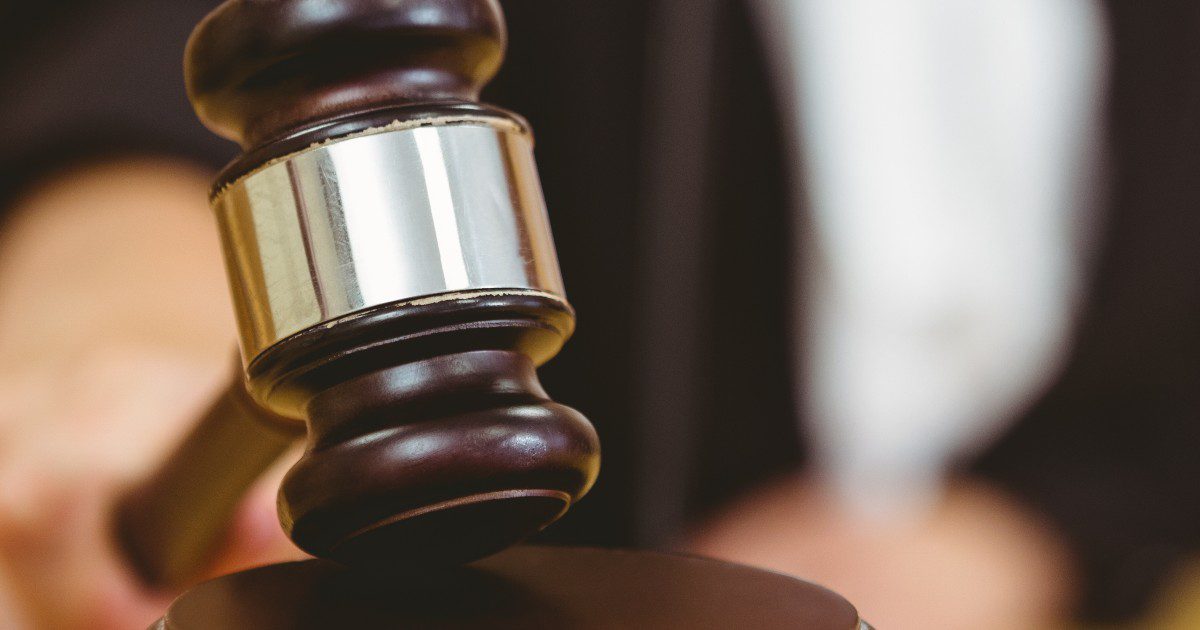OpenAI, a leading artificial intelligence research lab, has dismissed a copyright lawsuit filed by The New York Times (NYT) as “baseless.” The lawsuit, which was revealed by the NYT, accuses OpenAI of using the newspaper’s content to train its AI chatbots, such as GPT-4 and DALL-E 3, without permission. The move by the NYT represents a significant challenge in the rapidly evolving landscape of AI and copyright law.
In December 2023, the NYT filed a lawsuit against OpenAI and Microsoft, alleging that the companies used copyrighted Times content to train their generative AI models. The lawsuit, which has become a major talking point in the AI community, alleges that this action was taken without authorization or payment, potentially causing billions of dollars in damages to the NYT.
However, OpenAI has disputed these claims. In a public response, OpenAI reiterated its position that training AI models using publicly available data, including NYT articles, falls under fair use. The company argues that this approach is essential to innovation and competitiveness in the US. OpenAI also addressed the issue of “regurgitation,” where AI models spit out training data verbatim, saying that this is less likely with single-source data and that it’s users’ responsibility to avoid intentionally abusing the models.
Interestingly, OpenAI has been in constructive discussions with the NYT about forming a partnership. Those talks were progressing well until the lawsuit was filed, which came as a surprise to OpenAI. The company believes this legal action is not representative of the typical use or intent of its AI models and sees this as an opportunity to clarify its business practices and technological development.
The NYT case is part of a growing trend in which content creators, including artists and journalists, challenge the use of their work in training AI systems. Other lawsuits have been filed against OpenAI and similar companies, accusing them of copyright infringement. This legal pushback signifies broader concerns about the ethical and legal implications of AI in the creative and media industries.
It should be noted that some news organizations have chosen a different path, entering into licensing agreements with AI companies. The Associated Press and Axel Springer, for example, have entered into deals with OpenAI, indicating a potential collaborative approach to addressing these challenges. However, these agreements are often for relatively small sums, especially considering the revenue of AI companies like OpenAI.
The lawsuit and the questions it raises about AI and copyright law are shaping up to be a pivotal moment in defining the boundaries and responsibilities of AI developers and content creators. As the case unfolds, it will undoubtedly have significant implications for the future of AI, journalism and intellectual property rights.
Image source: Shutterstock

